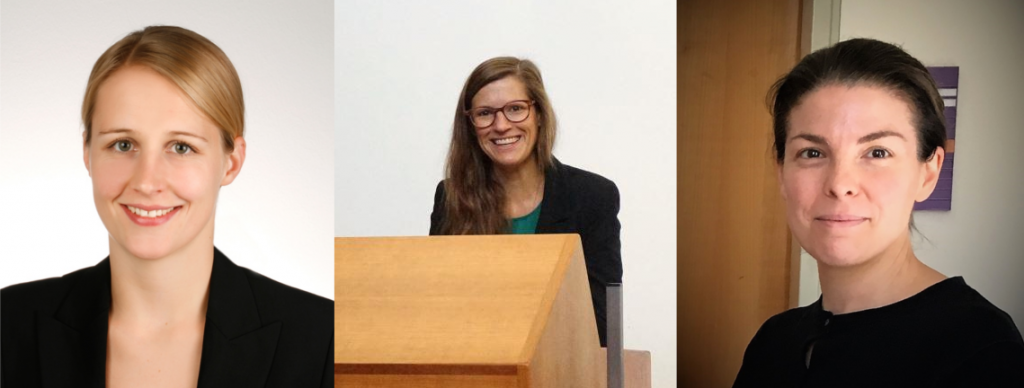
Most parliaments across European democracies are still a few steps – and in some cases, spirited leaps – away from achieving gender-balanced representation. Existing research has shown that women tend to take a more liberal stance on mainstream political issues. Since most seats in parliament remain occupied by men, women’s preferences across a broad spectrum of policy fields may not be adequately represented in policy-making processes. In their article “Do parliaments underrepresent women’s policy preferences? Exploring gender equality in policy congruence in 21 European democracies” published in the Journal of European Public Policy, Sarah C. Dingler, Corinna Kroeber and Jessica Fortin-Rittberger shed light on whether the gender gap in parliaments results in an underrepresentation of women’s policy preferences. Their results are somewhat surprising: Evidence from 21 European countries suggests that congruence of policy preferences actually tends to be highest between MPs and women. Interestingly, preference congruence is also not highest where the representation of women in parliament is most pronounced. Sarah, Corinna and Jessica show that the key to explain this puzzling finding is women’s turnout at the ballot box: “In countries where women vote at higher rates than men, elected legislatures mirror women’s policy preferences more closely.”